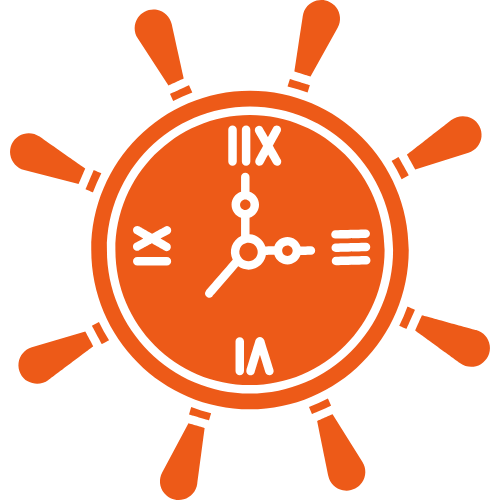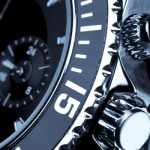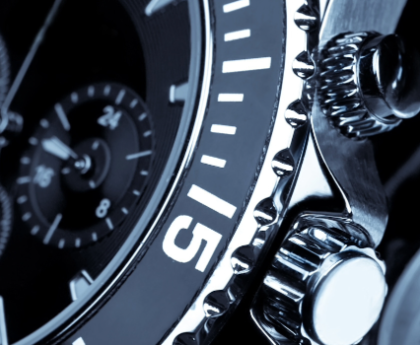Every product is carefully selected by our editors and experts. If you buy from a link, we may earn a commission. Learn more. For more information on how we test products, click here.
In sport’s most combative arena, a fraction of a second can mean the difference between triumph and tragedy; just ask Michael Phelps. Halfway through the 2008 Beijing Olympics, the American swimmer had already notched a remarkable feat, capturing six gold medals in a seemingly unfathomable display of athletic dominance. His world-record-shattering seventh victory (and subsequent eighth a few days later), however, didn’t come quite so easily.
In the final of the Men’s 100m Butterfly, an event Phelps had owned for the better part of a decade, the Olympic legend made a near-fatal error. Neck and neck with Serbian dynamo Milorad Čavić, Phelps looked primed to surge ahead for a famous victory, however, he misjudged the end, taking an extra half-stroke that saw both competitors touch the wall at almost exactly the same time. With an uneasy hush, the Beijing National Aquatics Center fell deathly silent and all eyes turned to the scoreboard. Confirmation came instantaneously; Phelps had secured the gold medal by the faintest of margins.
[embedded content]
In a finish that defied all logic, just 1/100th of a second separated the American gladiator from his Serbian rival. It was a result that Alain Zobrist, CEO of Swiss Timing, the technology company owned by watchmaker and official Olympic timekeeper OMEGA, describes as one of the Games’ most incredible.
“It was an unbelievable moment for many reasons; obviously, it was historic with his eight gold medals and that was one of them, but it was also a moment where we all understood how important it is to have technology in place,” Zobrist explains. “Accurate timing allows you to measure athletes’ performances in ways that you would not be able to judge or see with your naked eye. You need to have technology in place to measure these differences, and that was one of these moments where we could trust the technologies that we deployed and trust the timekeepers who operated them. To see what this one 100th of a second of difference could make for one of his golds, that was something special.”
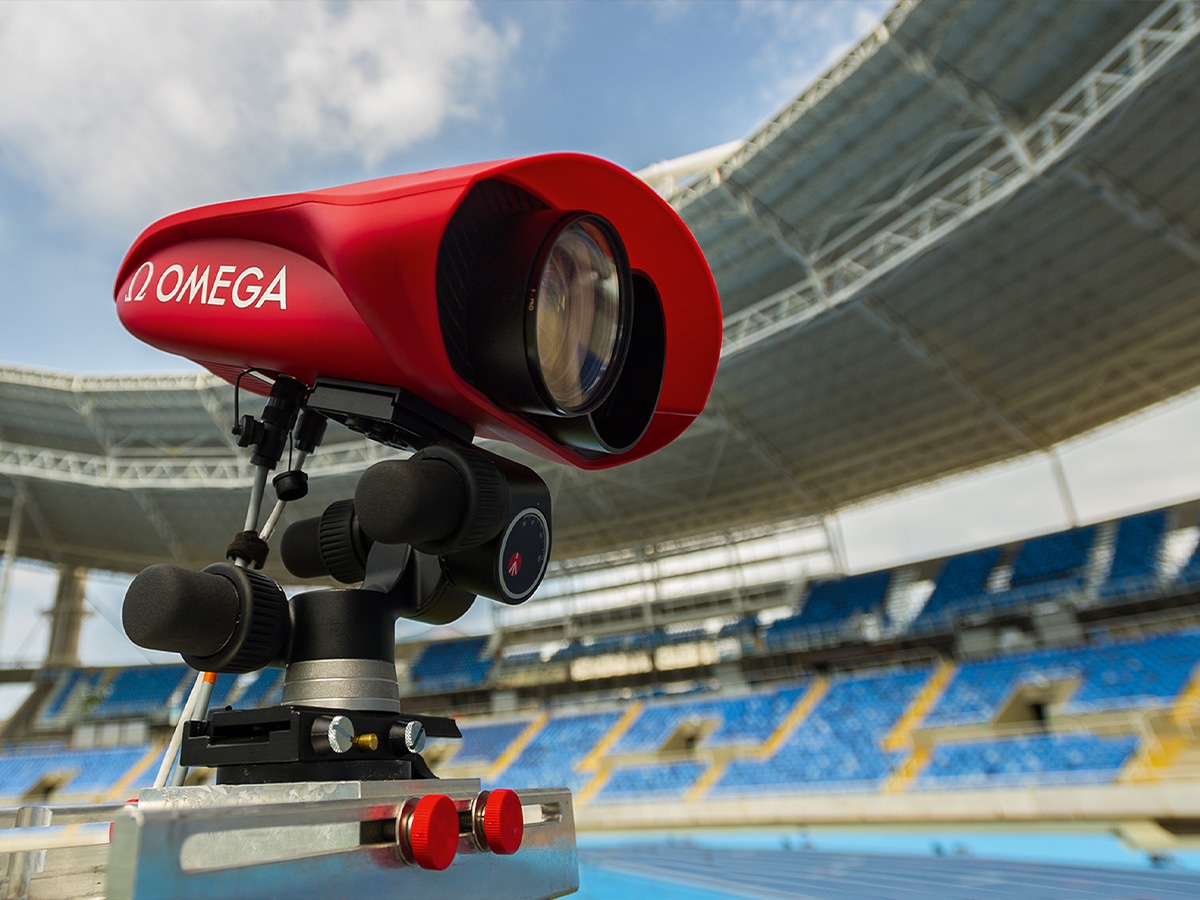
Keeping the Olympics On Track
For Zobrist, the man tasked with ensuring timekeeping accuracy across all of the many varied Olympic sports, finishes like Phelps’ are a testament to just how far things have come. In Paris, the Swiss Timing chief will oversee a total of 329 events across 32 sports, covering everything from cycling to shooting, the full gamut of Paralympic events and even a few unconventional new additions. As he reveals, the evolution of timekeeping is a challenge that OMEGA, a brand with Olympic ties that date back as far as 1932, takes very seriously.
“It’s changed a lot, even more since the early days of OMEGA being the official timekeeper; from one watchmaker and 30 chronographs in 1932 to 550 timekeepers and 250 tonnes of equipment in Paris now,” he says. “It’s important to acknowledge that in the last 20 years, technologies have also changed so much. It evolves so fast, so quickly in so many different areas that it is hard to compare how things were back then to how they are now. It’s just different.”
The Logistics of Perfection
With four new sports added to the official Olympic roster this year, including break-dancing and surfing, Zobrist and his team have their hands full, in more ways than one. In an enormous deployment of technology and manpower, each and every event held across the 19-day sporting extravaganza will be measured, means-tested and recorded in real-time, representing one the largest and most expansive data capturing occurrences in modern history.
The sheer logistical magnitude of the task is enough to boggle the mind, and that’s without taking into account the intense scrutiny on performance. Just as the athletes find themselves under immense pressure to perform, Zobrist and his team must operate with zero margin for error. Under the bright lights of the world’s biggest stage, there are no second chances.
“It’s a very humbling role because it comes with a lot of responsibility,” he says. “We can’t make any mistakes, and because of that, the importance of timekeeping in sports, the magnitude and size of the Olympics is a very, very important pillar for OMEGA as a brand. It’s a role that we’re very proud to take.”
“Similar to the athletes, we compete at other events throughout the year, but of course, the Olympics is special. It’s the biggest event of all, the one that is most watched, the one that has the most expectations from all parties involved. The pressure is higher at the Olympics than at any other sports event.”
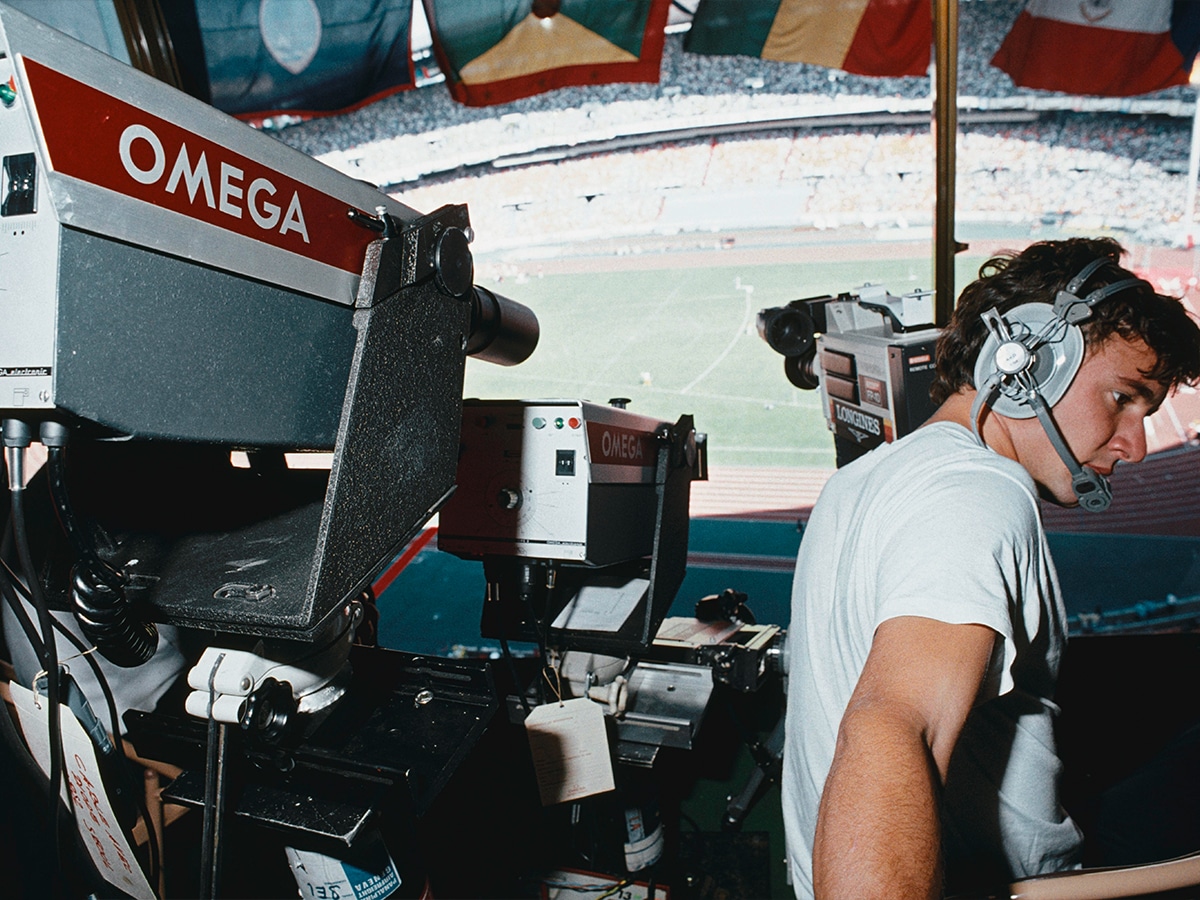
OMEGA’s Olympic Connection
As Zobrist rightly points out, the Paris 2024 Olympics marks the continuation of one of sport’s most enduring partnerships. The upcoming event will be the 30th time OMEGA has served as the official timing and scoring partner of the Games, a role that has helped to pioneer new sports technologies. From the evolution of electronic timekeeping in the late ’40s to the introduction of touch pads in swimming, OMEGA has had a hand in bringing almost all of the Olympics’ most remarkable innovations to life.
“The role as official timekeeper is really part of our DNA, and part of the Olympic history as well. Without OMEGA, one could fairly say that there would not be any Olympics.”
“If you ask me, 1932 marked one of the biggest innovations in the brand’s history in timekeeping,” Zobrist says. “Those 30 chronographs were all certified and were accurate to the tenth of the second with a split-second functionality. That innovation was the reason why OMEGA was selected as a timekeeper.”
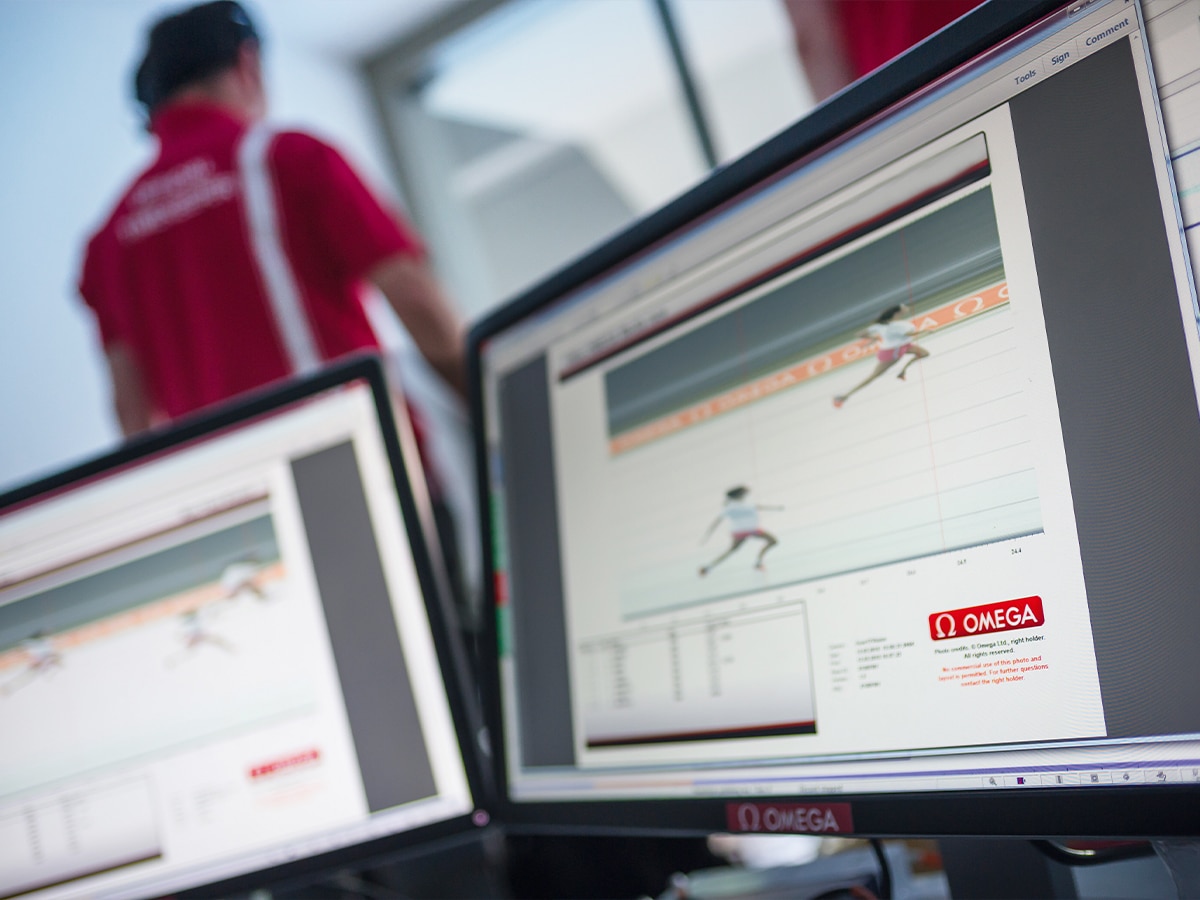
What’s New This Year
While OMEGA’s timekeeping innovation may well have been the catalyst for Olympic glory, it is the Swiss watchmaker’s commitment to research and development that has driven the partnership’s ongoing evolution. For this year’s Games, Swiss Timing will introduce a suite of new technologies aimed at improving processes and mitigating errors. As Zobrist explains, it’s a huge step up, even from Tyoko three years ago.
“From Tokyo to Paris, in terms of innovations that we bring to sports in general, a few things have evolved,” he says. “We’ll have a new photo finish camera, which is one piece at the heart of our systems. We had a very good camera before, but now we have an even better one capable of capturing 40,000 pictures per second of the finish line. These high-resolution images give greater opportunities for judges to measure and assess the photo finish in a much higher quality.”
In a development unique to Paris, this year will also see Swiss Timing bring artificial intelligence (AI) capabilities into the timekeeping process for the first time. Sports such as swimming, gymnastics, diving, tennis, and beach volleyball will utilise new computer vision to provide timekeepers and home viewers with a “greater understanding of an athlete’s full performance than ever before”.
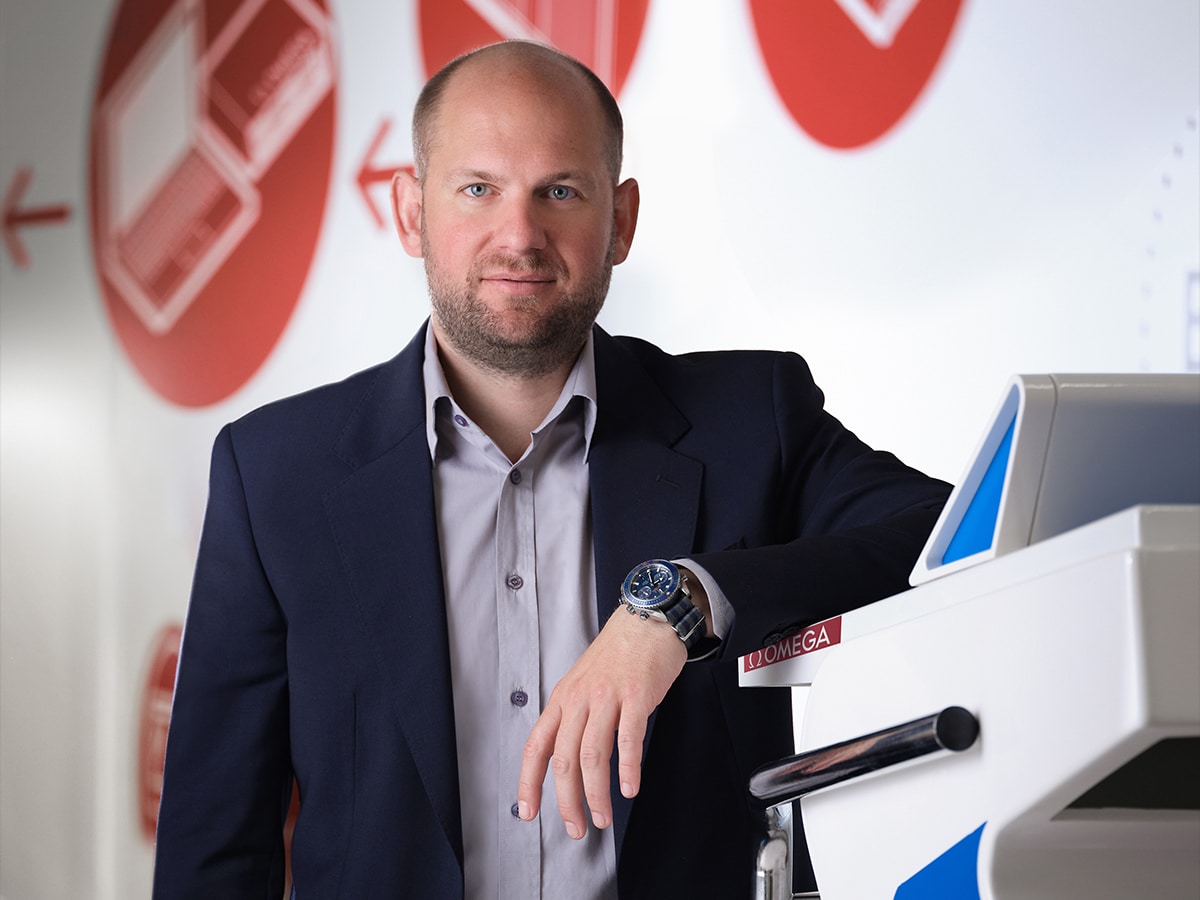
“We’ll have a couple of elements that are going to be absolutely new, providing judges with insights, and providing the audiences watching at least perform on TV with initial graphics to explain how great the performances are. So it’s going to be very exciting and much different than Tokyo,” Zobrist says. “Every Olympics is unique; but we have the Games back in Europe for the first time since 2012; so it’s going to be interesting to be back.”
For a man with the weight of an entire globe on his shoulders, Zobrist is remarkably calm. The Swiss Timing CEO stands at the foot of what, to the everyday person, would appear to be a seemingly unassailable mountain. Thousands of hours of research, testing, tracking, and innovation have led up to this point, but much like the athletes he is tasked with tracking, Zobrist thrives under pressure, and he’s champing at the bit to get stuck in.
“Every sport is different, every sport has different rules, and requires different sets of equipment to provide the athletes with their results. They’re all equally different and equally challenging,” he says. “We’ve been preparing now for almost three years, so we are on the home straight now; on the last lap. We can’t wait to go to Paris and get the Games started.”
